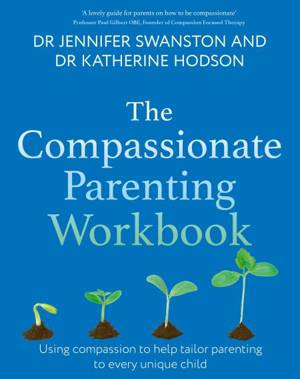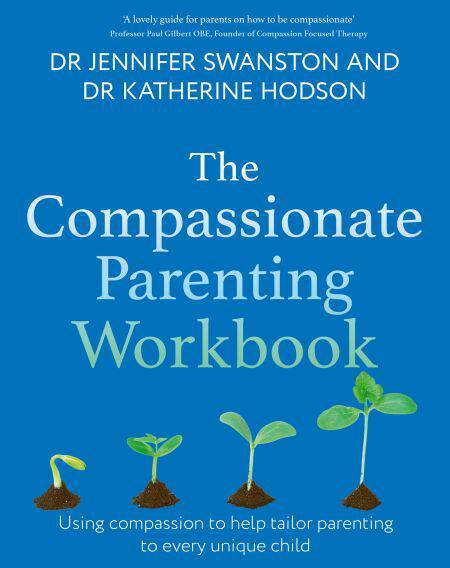
- Afhalen na 1 uur in een winkel met voorraad
- Gratis thuislevering in België vanaf € 30
- Ruim aanbod met 7 miljoen producten
- Afhalen na 1 uur in een winkel met voorraad
- Gratis thuislevering in België vanaf € 30
- Ruim aanbod met 7 miljoen producten
The Compassionate Parenting Workbook E-BOOK
Using compassion to help tailor parenting to every unique child
Jennifer Swanston, Katherine HodsonOmschrijving
Parenting is hard. We live in a world that is rife with criticism and, unfortunately, this has a vast impact upon our wellbeing, with self-criticism leading to anxiety, guilt, sadness, shame and hopelessness. This naturally makes parenting feel even harder.
On the other hand, applying self-compassion can make you more emotionally resilient, have lower stress levels and healthier relationships. Being more compassionate gives you a greater sense of perceived personal control within your life, and these skills are proven to be passed on to children too - with better life outcomes for those who are brought up to receive compassion and be compassionate.
This book will introduce compassion to your life as a person, a parent, and in your approach to your child. Hopefully in the future, this will mean your child will adopt this way of relating to themselves and to others too.
USING THIS WORKBOOK, READERS WILL LEARN ABOUT:
- Managing the systems that drive us, cause us to react to threats, or soothe us.
- Developing a compassionate mind for yourself, and encouraging that in your children.
- Putting compassionate skills in action for specific problems like eating, sleeping and behaviour.
Filled with interactive exercises and practical skills, The Compassionate Parenting Workbook will guide you in your journey to be a more compassionate parent.
THE COMPASSIONATE MIND APPROACH
The self-help books in this series are based on compassion focused therapy (CFT, developed by series editor Paul Gilbert). This brings together an understanding of how our mind can cause us difficulties but also provides us with a powerful solution in the shape of mindfulness and compassion. It teaches ways to stimulate the part of the brain connected with kindness, warmth, compassion and safeness, and to calm the part that makes us feel, anxious, angry, sad or depressed.
Specificaties
Betrokkenen
- Auteur(s):
- Uitgeverij:
Inhoud
- Taal:
- Engels
- Reeks:
Eigenschappen
- Productcode (EAN):
- 9781472149732
- Verschijningsdatum:
- 30/04/2025
- Uitvoering:
- E-book
- Beveiligd met:
- Adobe DRM
- Formaat:
- ePub

Alleen bij Standaard Boekhandel
Beoordelingen
We publiceren alleen reviews die voldoen aan de voorwaarden voor reviews. Bekijk onze voorwaarden voor reviews.











